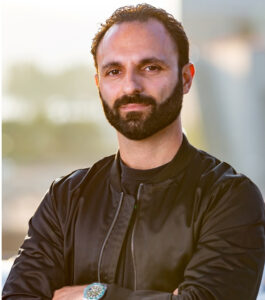Do you know where to find all of your personal health records?
In this What That Means video, Camille talks with Ardy Arianpour, who is Co-Founder and CEO at SEQSTER. They get into digital health and personalized medicine—including the fragmented state of digital health records in the U.S., security and privacy concerns about personalized medicine, and how people might choose to share their health data in new ways.
Accessing Digital Health Records
As Ardy explains, access to patient records and digital health data is very fragmented. While many different EMR/EHR systems are used in the U.S., those systems aren’t able to communicate with each other. This complicates accessing patient records for both patients and healthcare providers, particularly when patients have to see different providers, facilities, etc. that all use their own separate systems.
HIPAA greatly improved the standardization of patient health information, but the “P” for portability in the act’s acronym still hasn’t been fully realized. At the same time, Ardy notes how the later HITECH Act helped digitize patient records. However, this caused health systems to independently develop their own digital record systems instead of collaborating to help patients and care providers share and access records.
Security and Privacy Concerns
While companies like SEQSTER allow patients to pull their digital health data from multiple sources, Camille raises some concerns about the security and privacy of digital health records and personalized medicine. Patients are already concerned about the security of their data in the face of recent data breaches to EMR/EHR systems.
Ardy assures that SEQSTER uses the highest levels of security to protect patient data. Above all, patients completely own their data, not the company. Patients give their digital consent if they wish to share their data outside of the system, and any data shared with external aggregate systems is made completely anonymous to further protect the privacy of patients.
New Ways of Sharing Personal Health Data
Questions about the possibilities for AI and personalized medicine naturally arise when it comes to compiling large amounts of data, even for personal health. Ardy explains that AI is already being used to improve doctor analysis in healthcare such as through colonoscopies and breast cancer screenings, but how data is shared with AI distributed models like federated learning depends entirely on the use case and will continue to be so.
Another possibility for individuals to share health data could be monetizing the sharing of health data. In other words, a person could willingly share their personal data for financial gain with a number of different organizations. At the same time, patients may opt into sharing their data as a way to help other people with similar health conditions and care journeys who could learn from their own experiences.
Ardy Arianpour, CEO and Co-Founder of SEQSTER

Ardy Arianpour is the co-founder and CEO of SEQSTER, a healthcare tech company and enterprise operating system that allows patients to collect disparate health data sources into one digital place to help patients and healthcare providers get a full understanding of a patient’s healthcare journey. Before founding SEQSTER, Ardy served in a variety of roles in the health data space, including as CCO of Pathway Genomics and SVP of Ambry Genetics.
He was honored as a Top 40 healthcare Transformer in 2019 and a San Diego Business Journal 40 under 40. Ardy received a B.S. in Biological Sciences from the University of California, Irvine and an MBA from the Marshall Goldsmith School of Management.
Check it out. For more information, previous podcasts, and full versions, visit our homepage.
To read more about cybersecurity topics, visit our blog.
#digitalhealth #personalizedmedicine #precisionmedicine
The views and opinions expressed are those of the guests and author and do not necessarily reflect the official policy or position of Intel Corporation.
—–
If you are interested in emerging threats, new technologies, or best tips and practices in cybersecurity, please follow the InTechnology podcast on your favorite podcast platforms: Apple Podcast and Spotify.
Follow our hosts Tom Garrison @tommgarrison and Camille @morhardt.
Learn more about Intel Cybersecurity and Intel Compute Life Cycle (CLA).
